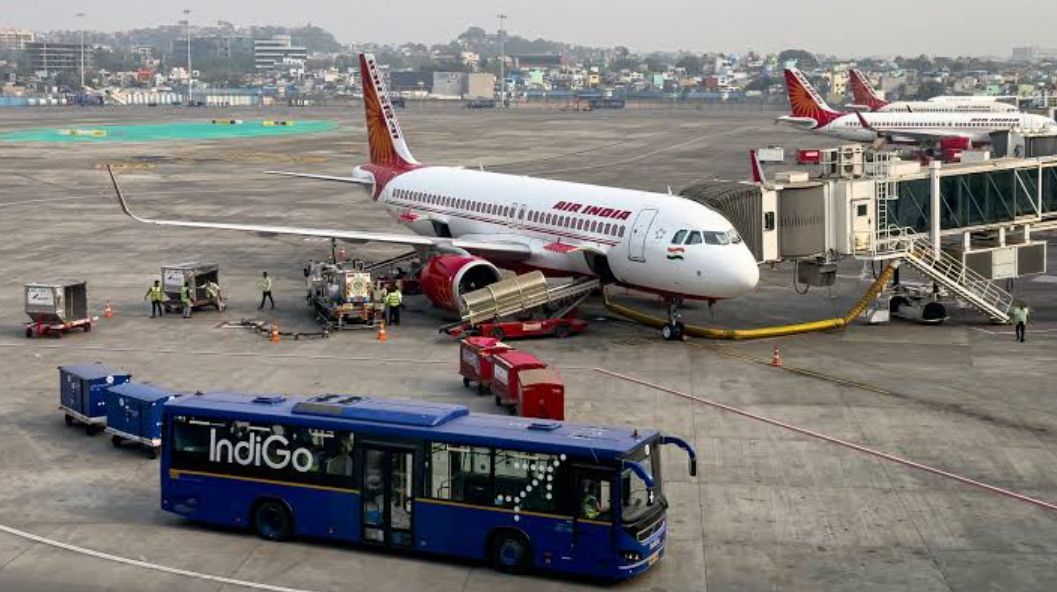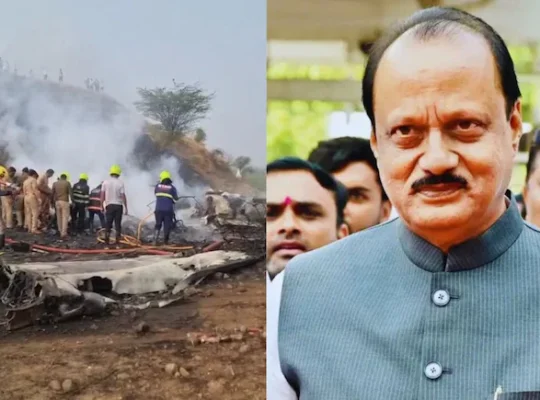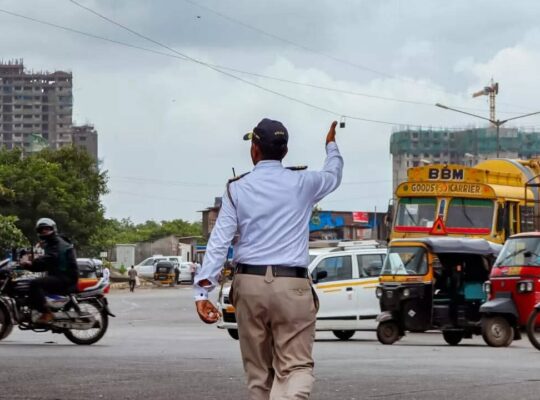In a significant development for airlines operating out of Mumbai, the city’s airport operator has rolled back two major decisions: the planned transfer of 150 take-off and landing slots to the upcoming Navi Mumbai airport, and a proposed ban on freighter aircraft from mid-August.
The decisions were reversed following a recently held slot coordination meeting between Mumbai International Airport Ltd (MIAL), airline representatives, and other key stakeholders. According to a source familiar with the matter, both resolutions were “unanimously agreed upon.”
The original plan was to shift a portion of flight operations from the current Mumbai airport to Navi Mumbai during the winter schedule (starting late October) to accommodate the redevelopment of Terminal 1. This shift would have impacted both domestic and international carriers.
However, the move faced stiff opposition, especially from the International Air Transport Association (IATA), which had previously expressed alarm over what it termed a “unilateral decision.” IATA criticized MIAL for offering little clarity on managing the resulting capacity reduction, warning that such actions could damage Mumbai’s reputation as a global aviation hub.
John Middleton, IATA’s Head of Worldwide Airport Slots, had said last month, “This is not what one would expect of a major hub airport in India. It could cause lasting damage to the airport’s credibility and connectivity.”
Middleton also raised concerns over the possibility of the airport operator — Adani Airports, which is developing both the current and Navi Mumbai facilities — using the situation to nudge airlines toward the new airport prematurely.
The trade body had urged MIAL to pause the proposed changes and instead initiate genuine consultations with airlines. Among its recommendations were delaying any slot reduction until October 2025, forming a dedicated coordination committee, and establishing transparent guidelines for fair distribution of any capacity constraints.
With the airport now walking back both decisions, airlines have gained a crucial reprieve, at least for the upcoming winter schedule. It also opens the door for renewed dialogue between stakeholders and a more collaborative approach as Mumbai prepares to become a two-airport city.











